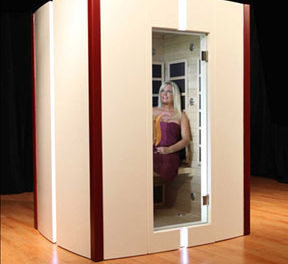We live in a selfie-centric society that, combined with our health-driven lifestyles, makes a smile more important today than it has been in the past. And while your smile speaks volumes to the world around you, it should also mean a lot to you since it can boost your self-esteem and confidence. That’s why it’s so important to look at what you eat and learn how it can help or harm your teeth.
The Stainers
For many of us, a cup of coffee is essential to starting the day off right. For your teeth, it sets the stage for stains. And for those who like to have a glass of red wine at night, you’re also ending your day with a noted tooth stainer. Other culprits can include: tea, sports drinks, curry, berries, tomato sauce and candies.
The Eroders
Your enamel is not only vulnerable to obvious acids like citrus fruits, vinegar and white wine, but sugar can have an acidic effect on your enamel as well. Plaque bacteria use sugar to produce acid, which then eats away at tooth enamel. This means the sodas, juices, sports drinks and candies
— basically anything with sugar in it — can be eroding your enamel.
The Breakers
It goes without saying that biting into something very hard can damage your teeth. Similarly, something extremely chewy can pull on teeth and cause damage or loosen a crown. The foods to be wary of include: hard candies, chewy candies, ice, popcorn seeds and corn on the cob.
The Driers
That horrible “cotton-mouth” feeling after you’ve had a couple of drinks is actually bad for your teeth. When saliva flow is reduced, you stand a greater risk of tooth decay, oral infections and possibly gum disease. Triggers that can cause dry mouth include: alcohol, coffee, tea, caffeinated beverages and any salty foods.
Don’t despair! There are plenty of food options that actually promote tooth strength, whiteness and freshness. Feel free to indulge in fiber-rich fruits and vegetables that stimulate salivation. Cheeses, milk, yogurt and other dairy products are packed with calcium, phosphates, vitamin D and other minerals that promote all-over health. Also, calcium mixes with plaque and sticks to your teeth, providing protection from acids and rebuilding enamel on the spot. Green and black tea (without sugar added) can slow down tooth decay and gum disease by suppressing bacteria. Use fluoridated water to brew your tea, and you’ve just added a powerful decay prevention agent.
For more information and to locate an American Academy of Cosmetic Dentistry AACD member dentist near you, please visit www.YourSmileBecomesYou.com.




Recent Comments